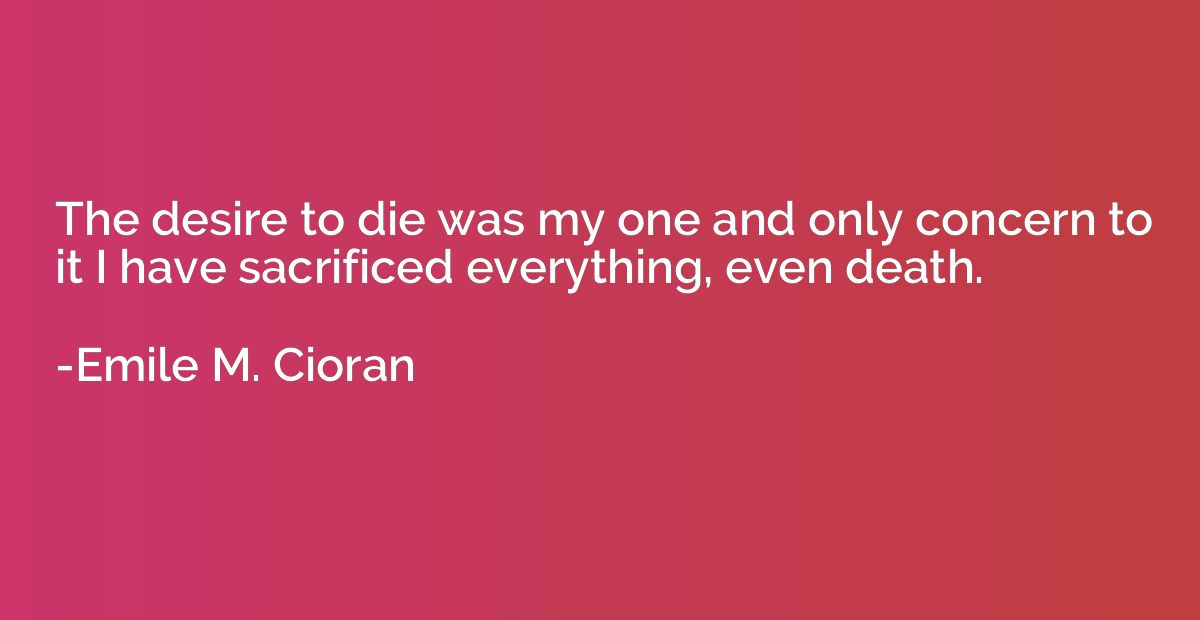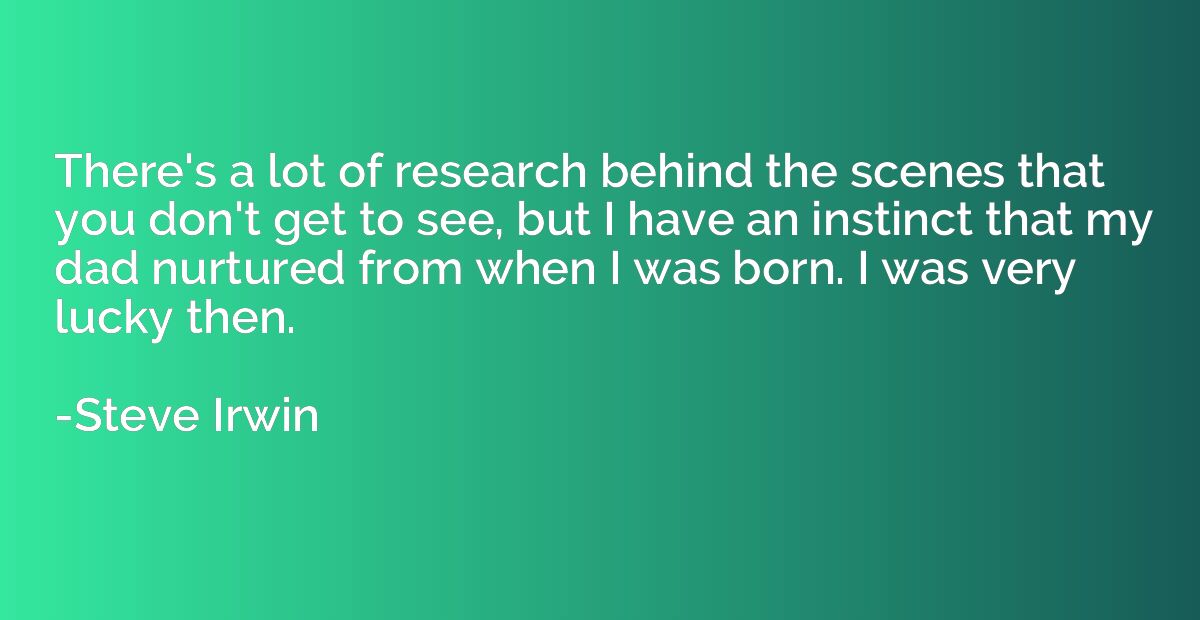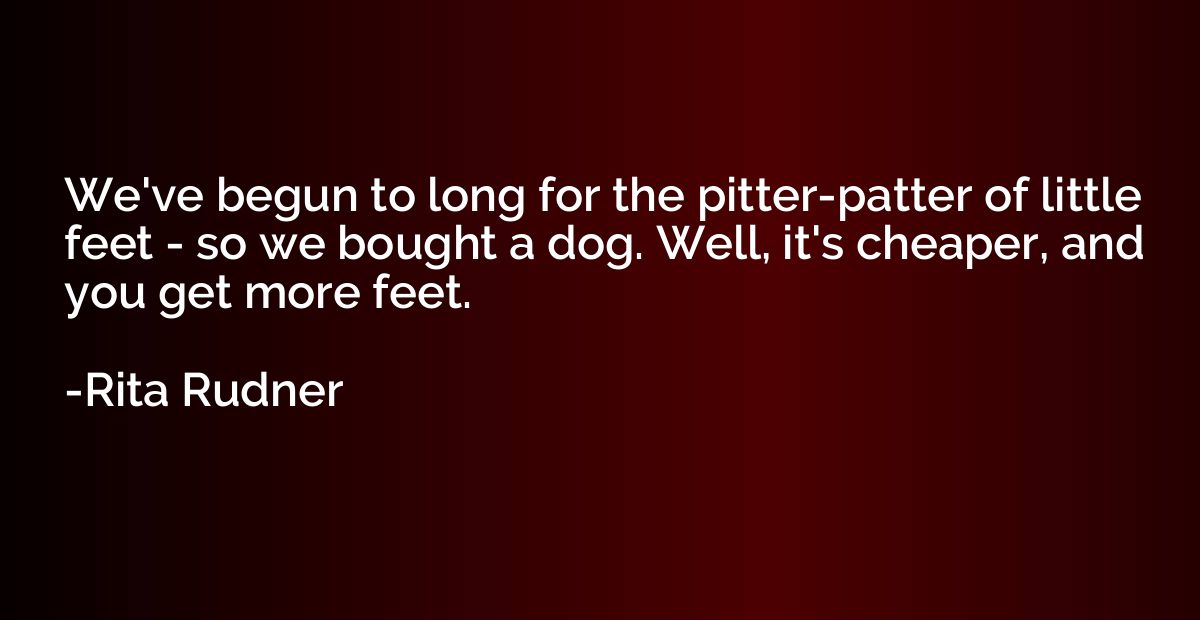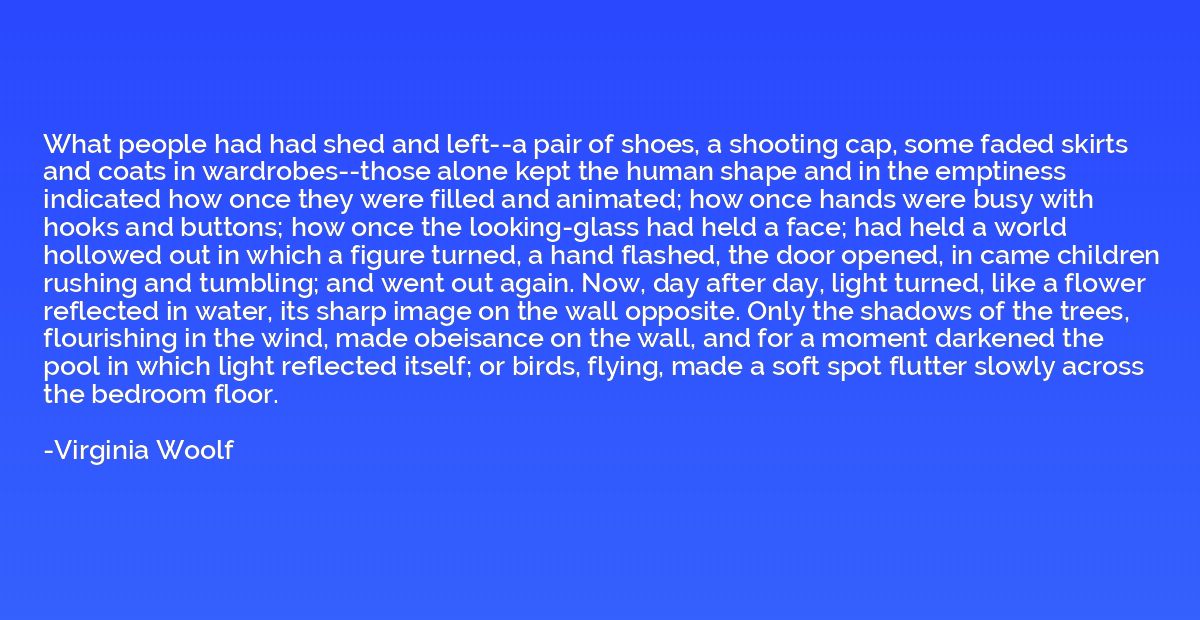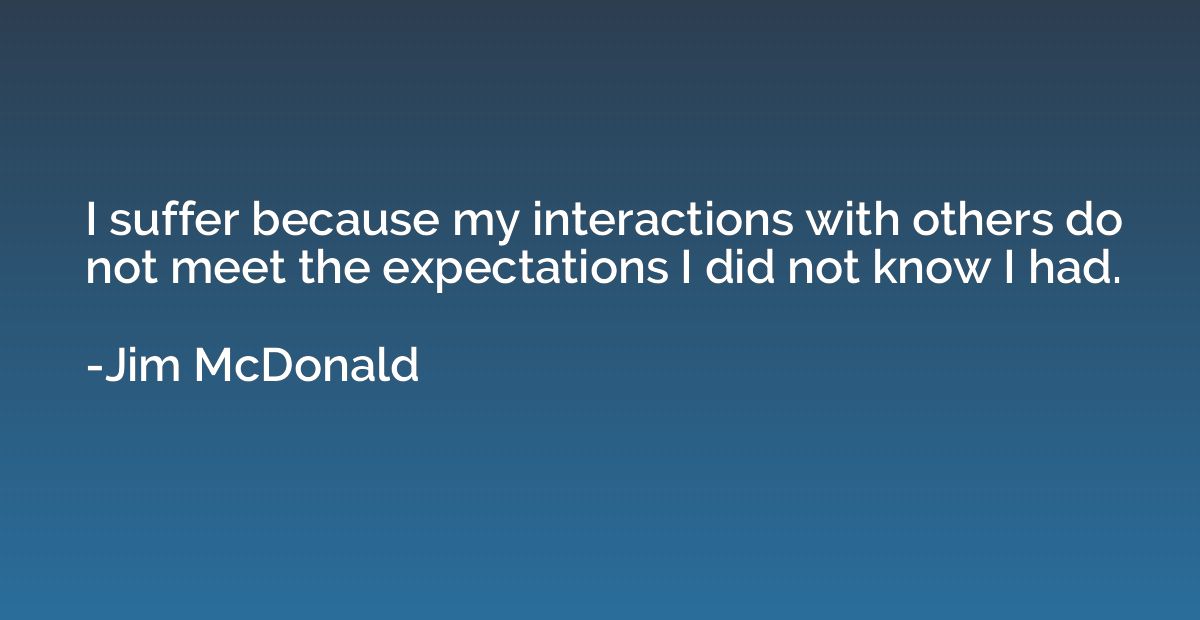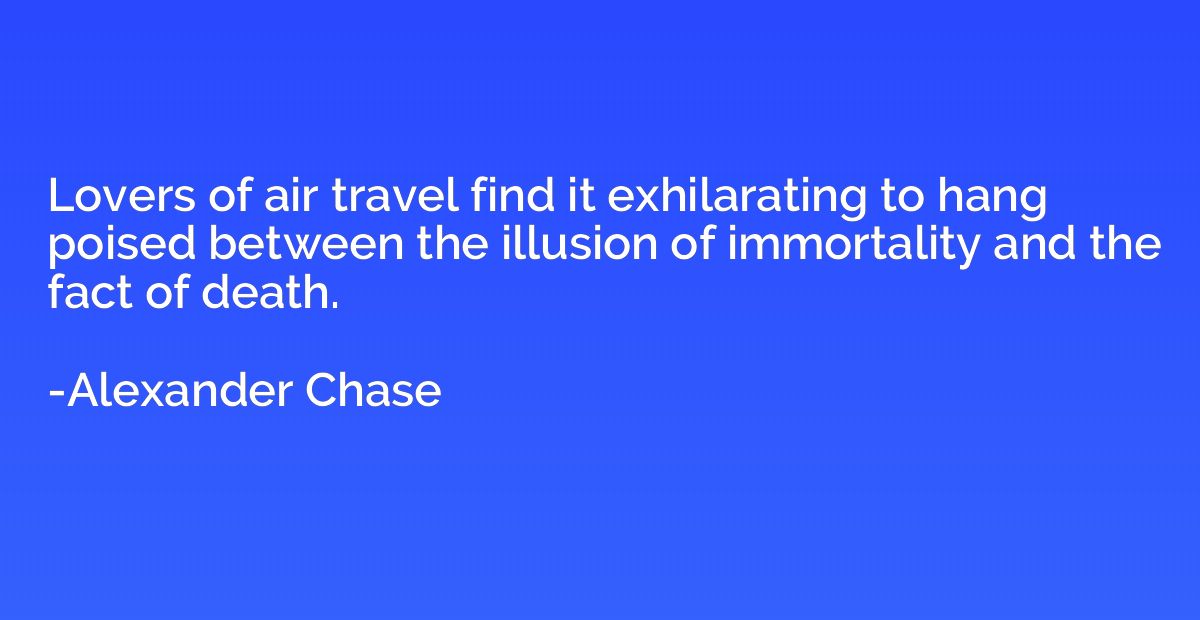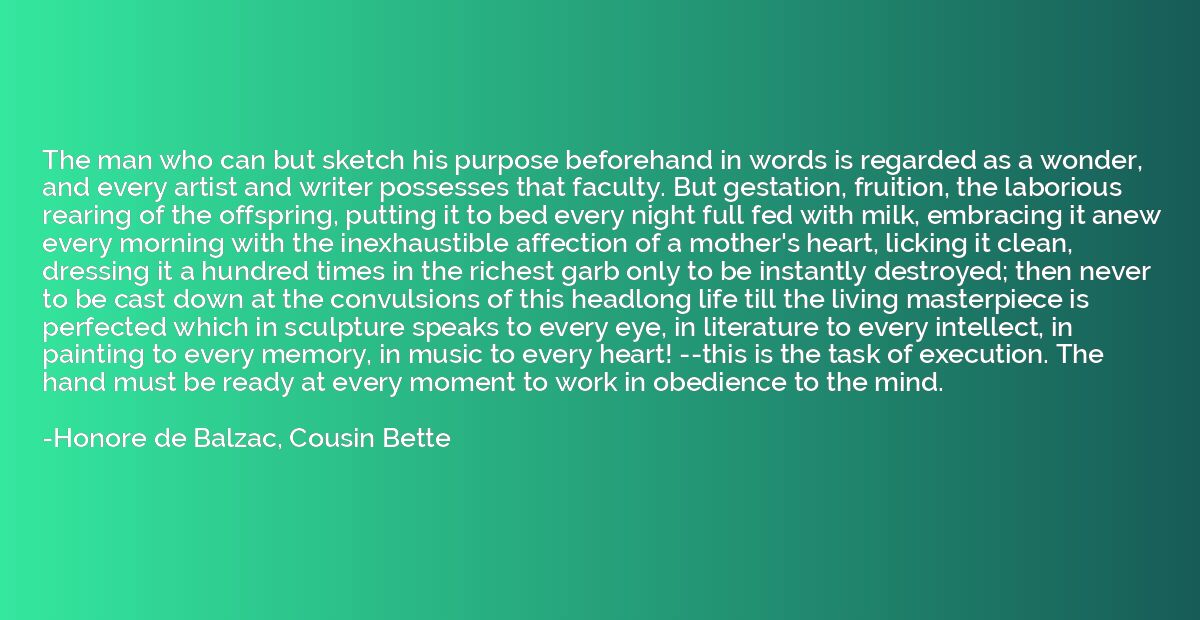Quote by Virginia Woolf
A fine gentleman like that, they said, had no need of books. Let him leave books, they said, to the palsied or the dying. But worse was to come. For once the disease of reading has laid hold upon the system it weakens it so that it falls an easy prey to that other scourge which dwells in the ink pot and festers in the quill. The wretch takes to writing.
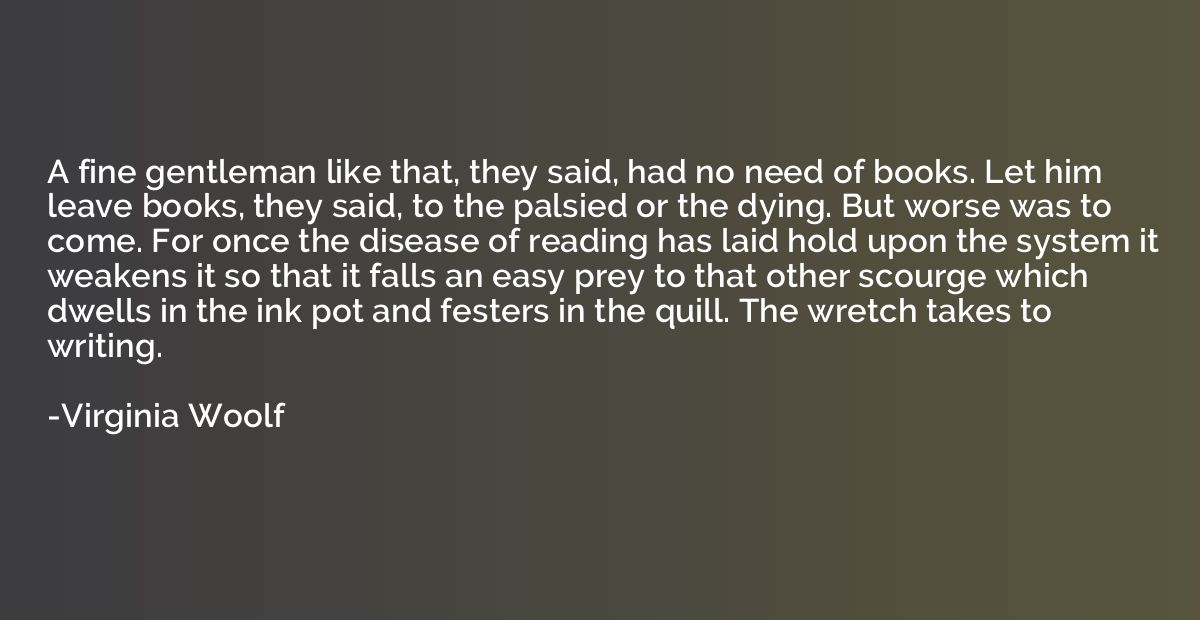
Summary
This quote suggests that some people viewed reading books as unnecessary for a respectable man. Those who believed this argued that books should be left to those who are weak or nearing death. However, the quote further warns that once a person develops a love for reading, it weakens them, making them susceptible to the urge of writing. Writing is portrayed as a vice or disease that dwells in ink and causes deterioration. Overall, this quote reflects a negative perception towards reading and writing, emphasizing the dangers associated with intellectual pursuits.




